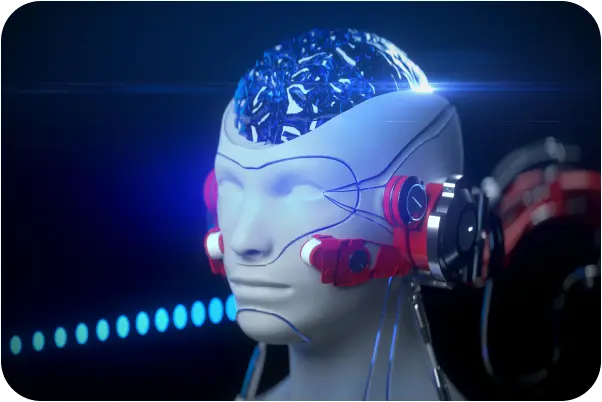What is representation bias in training data?
Machine Learning
Data Science
AI Models
Representation bias in AI training data occurs when certain groups, attributes, or contexts are systematically favored or underrepresented within datasets. This can lead to AI models that perform poorly or unfairly for specific demographics, impacting the reliability and ethical standing of these systems. For AI engineers, researchers, and product managers, addressing representation bias is crucial to developing effective and equitable AI solutions.
Why Addressing Representation Bias is Critical for Effective AI
Ignoring representation bias can lead to significant performance disparities across different user groups.
For example, facial recognition systems have historically struggled to accurately identify individuals from underrepresented ethnic groups. Similarly, voice recognition systems may falter with accents or dialects that weren’t adequately represented during training. These biases not only lead to inaccuracies but also raise ethical concerns, especially as AI becomes integral in sensitive areas like healthcare, hiring, and law enforcement, where fairness is paramount.
Real-World Implications of Representation Bias
Representation bias can have far-reaching consequences across multiple industries:
- Healthcare: AI systems trained on biased datasets might misdiagnose patients from underrepresented groups, leading to unequal treatment.
- Education: Bias in educational AI tools can disadvantage students from diverse backgrounds, affecting learning outcomes.
- Hiring: Recruitment algorithms may inadvertently favor candidates from overrepresented groups, undermining diversity and inclusion efforts.
Mechanisms Behind Representation Bias in Data
Bias can stem from various stages in the AI development process:
- Data Collection: If data is sourced predominantly from a narrow demographic, it won’t capture the diversity of real-world scenarios.
- Annotation Practices: Annotators’ personal biases can influence how data is labeled, compounding existing biases.
- Model Architecture: Some models might amplify biases inherent in the training data, prioritizing features prevalent in majority groups.
Common Challenges in Mitigating Representation Bias
Addressing representation bias often involves navigating several trade-offs:
- Dataset Size vs. Diversity: Larger datasets aren’t always more diverse. Ensuring quality and representation in data is key.
- Resource Allocation: Investing in diverse data collection and annotation can be resource-intensive but is critical for mitigating bias.
- Evaluation Metrics: Standard performance metrics may not reveal underlying biases. New metrics that assess fairness across demographic segments are necessary.
Best Practices to Combat Representation Bias
To effectively reduce representation bias, consider the following strategies:
- Diverse Data Sourcing: Actively seek data from varied sources and demographics to ensure comprehensive coverage. FutureBeeAI’s Yugo platform facilitates diverse contributor sourcing, ensuring a wide range of voices are included in datasets.
- Rigorous Annotation Processes: Employ diverse annotators and implement multi-layer QA processes to minimize bias. FutureBeeAI excels in this by providing detailed speech annotation services like speaker diarization and emotion tagging.
- Continuous Evaluation: Regularly assess AI performance across different demographics and adjust datasets and models as needed. This iterative approach helps in maintaining fairness and effectiveness over time.
Moving Forward with FutureBeeAI
For organizations looking to build fair and effective AI systems, partnering with a data provider like FutureBeeAI can be invaluable.
We specialize in providing clean, diverse, and ethically sourced datasets tailored to your needs. By leveraging our expertise, you can ensure your AI models are built on a foundation of representative data, leading to better outcomes for all users.
Consider reaching out to FutureBeeAI for a consultation on how we can support your AI projects with scalable and unbiased data solutions.
What Else Do People Ask?
Related AI Articles
Browse Matching Datasets
Acquiring high-quality AI datasets has never been easier!!!
Get in touch with our AI data expert now!








